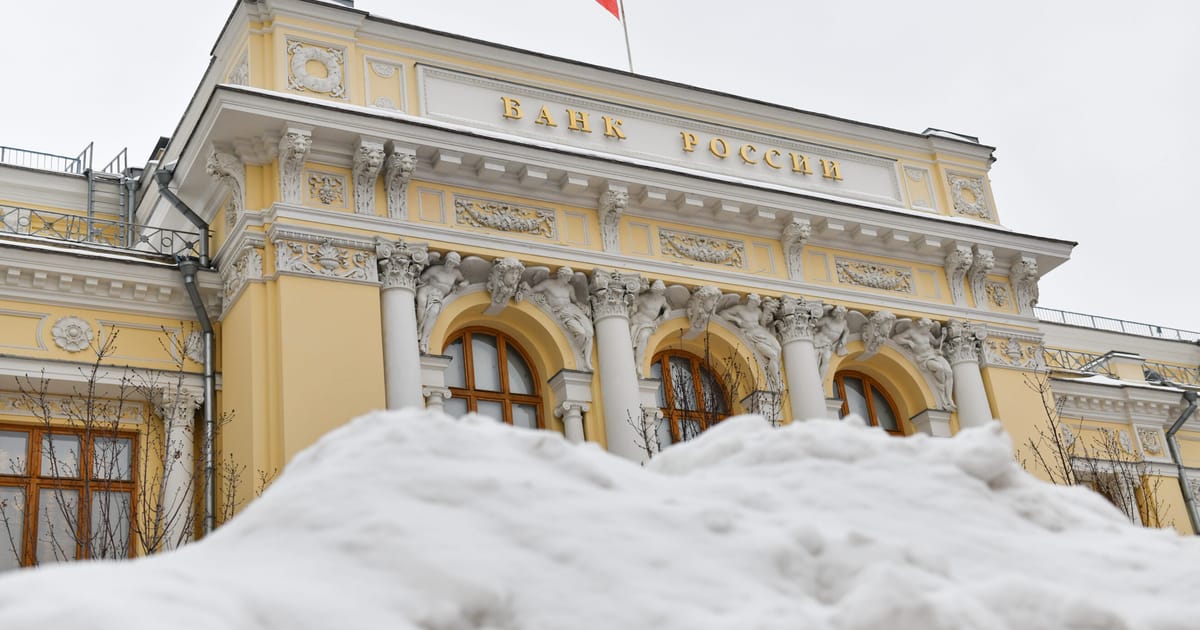Supporters of the new investment fund argue that the EU has to generate more revenues from Russia’s sovereign funds to bolster Ukraine in the long term amid a protracted standoff in the peace talks with Moscow.
Another potential advantage is that it could prove a useful shield against the risk that Hungary might veto the sanctions renewal and effectively hand back the money to Russia.
The Russian assets are blocked under the EU’s sanctions regime — which must be unanimously renewed every six months — and the Hungarian government has repeatedly threatened to use its veto as a sign of goodwill towards the Kremlin.
Over the past weeks, the Commission held informal talks with a group of countries — including France, Germany, Italy and Estonia — to examine legal ways to keep the assets frozen if Hungary blocks the sanctions renewal, two officials with knowledge of proceedings told POLITICO. But the working group did not devise a workaround to achieve this outcome.
Tough budget arithmetic
EU officials are looking for ways to set up the new fund by simple majority — as opposed to unanimity — to sideline Hungarian Prime Minister Viktor Orbán.
Critics of the new funding vehicle, however, warn that EU taxpayers will ultimately have to pay compensation for any unproductive investments that are made.
